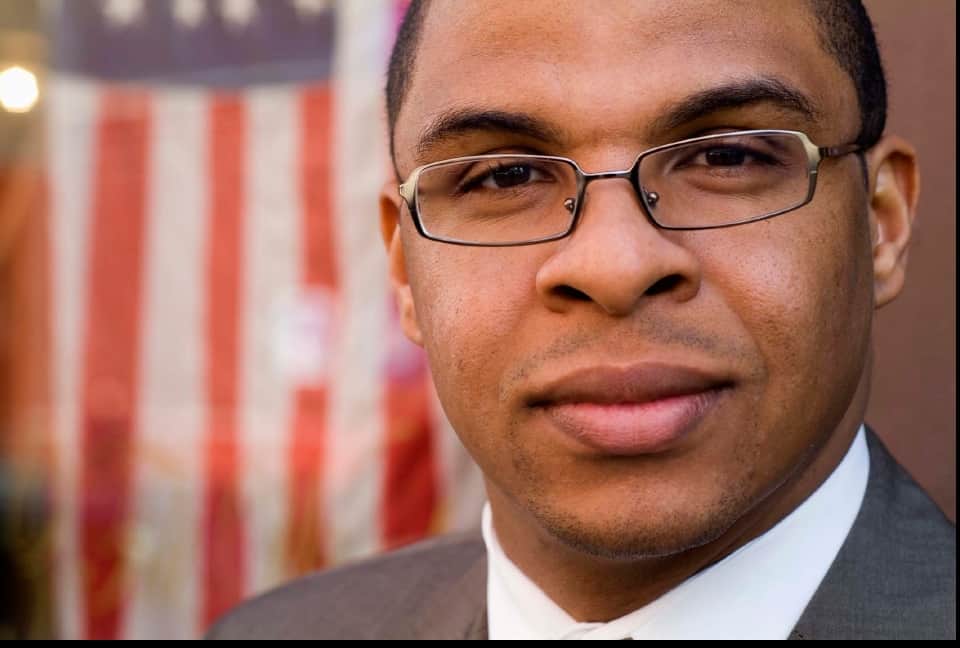Learn from All Successful Schools, Not Just Charters
By Anne O’Brien, Learning First Alliance

Few would argue with the notion that public education in America needs to improve to ensure that our country remains prosperous in the coming years. And we should look wherever we can for ideas on how we can increase student achievement for each child in the nation.
One possible source for these ideas: charter schools. Last week, the Hamilton Project at the Brookings Institution released “Learning from the Successes and Failures of Charter Schools,” in which Roland Fryer discusses his efforts to learn what works in the world of charter schooling and implement it in traditional public schools.
By studying 35 charter schools of varying performance levels in New York City, Fryer and his colleagues identified five practices that are consistently found in higher-achieving schools and that together explain roughly half the difference in effectiveness between charter schools:
- More human capital (how often schools gave teachers feedback on their instructional practice)
- Data-driven instruction (whether teachers altered instruction to reflect student learning)
- High-dosage tutoring
- Increased time on task; and
- A relentless focus on high academic expectations.
Fryer and his colleagues then attempted to transfer these practices into traditional public schools, with demonstration projects in Houston and Denver. To date, the results are very promising. Participating schools in both cities have seen math and reading standardized test scores rise at rates that are comparable to those of high-achieving charter schools.
Because of this success, Fryer proposes using variations of these five tenets as a starting point in turning around the nation’s chronically underperforming schools, taking care to point out that the goal is not to replace traditional public schools with charter schools, but “to emulate in both charter and traditional public schools practices that have shown to be successful.”
I greatly respect Roland Fryer. He takes complex arguments and makes them manageable without oversimplifying. He appears to understand the nuances in the conversations around public education.
But something about this work bothers me. As the report acknowledges, while some charter schools have shown great success, as a whole they have a very mixed record and (on average) no statistical impact on test scores compared to traditional public schools. And at the release event, Fryer pointed out that traditional public schools have a similar range in performance variation.
Yet the report focuses exclusively on charters, saying that “the astounding success that some [charter schools] have demonstrated suggests that we should learn as much as possible from them in the hopes of better serving the huge number of students enrolled in traditional public schools.”
I understand and agree with the idea that we need to learn what we can from successful charter schools. But there seems to be an implication – if only by omission – in such statements that there aren’t traditional public schools demonstrating similar astounding success that we can also learn from. And we know there are. So why in looking for lessons to scale up in traditional public schools is there an emphasis on the charter sector? Why not study the best practices of high-performing traditional public schools as well? In fact, might studying high-performing traditional public schools be more likely to lead to scaleable solutions than studying charter schools, given the political and financial issues that can arise in implementing some of the ideas found in charter schools in traditional public schools?
I wasn’t the only one at the release event to have this reaction. Richard Rothstein, another scholar I greatly respect and a panelist at the event, raised a similar point.
And I appreciate Fryer’s response, which seems to boil down to the fact that studying successful charter schools allows for a more rigorous methodology. For example, in looking at schools where some students win spots via lottery and other (presumably similar) students do not, you have a built-in comparison group.
I accept that. Researchers should use the best methodology they can. But I worry what lessons we miss when we study charters while excluding traditional public schools. And I worry that while Fryer understands the nuance in the education world, those who might read his paper and attempt to use it in policy debates might not.
So what do we do about it? At the very least, all public education advocates should take care to emphasize the success that exists within public school systems, not just in the charter community. And we should press for research on that success, so that we can scale up best practices from this sector as well. We cannot ignore the lessons we can learn from the schools already operating within the system if we hope to give each child in this nation access to a great education.




0 Comments
Leave a Comment
Your email address will not be published. All fields are required.